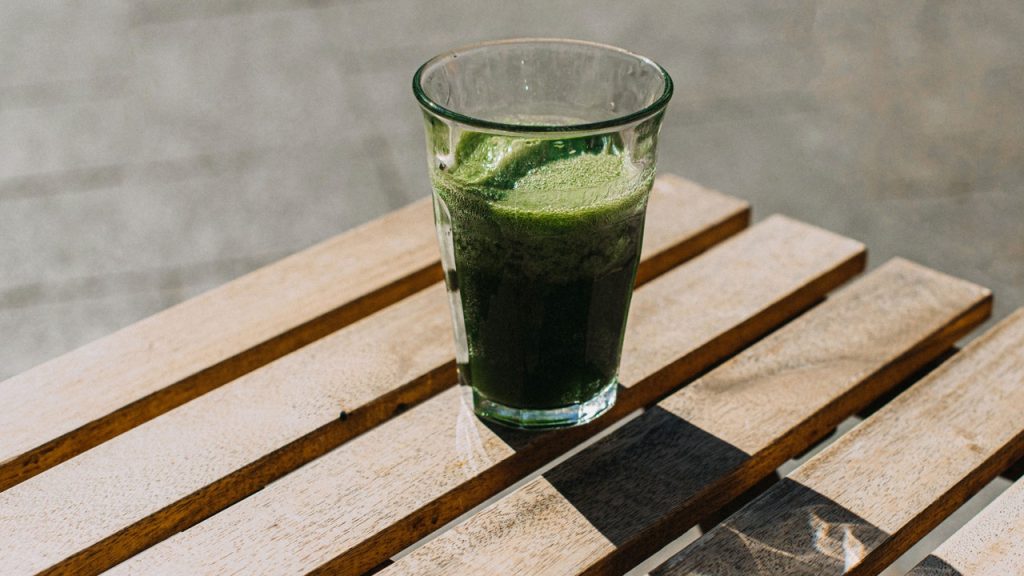Kale juice is gaining popularity among health-conscious individuals due to its packed nutrient content and numerous health benefits. This dark leafy green is rich in essential vitamins, minerals, antioxidants, flavonoids, and polyphenols, making it one of the most nutrient-dense vegetables available. Dr. Vicente Mera, a specialist in internal and anti-aging medicine, recommends incorporating kale juice into daily routines to promote overall health and vitality. Kale is a powerhouse of nutrients, providing more calcium than milk, more vitamin C than oranges, and more folic acid than eggs. Additionally, kale contains macro- and micronutrients that support heart health, eye health, good cholesterol levels, and may even help protect against certain diseases such as cancer.
One of the key benefits of kale and other cruciferous vegetables like broccoli, Brussel’s sprouts, and arugula is their high content of anti-inflammatory antioxidants and plant compounds. These substances, including indole-3-carbinol, sulforaphane, quercetin, and kaempferol, help fight free radicals and prevent cancer by protecting cells. Kale also contains lutein and zeaxanthin, carotenoid antioxidants that support healthy vision. Moreover, kale may aid in weight management and lower cholesterol levels due to its ability to bind to bile acids and prevent them from being reabsorbed by the body. Despite being low in fat, kale’s sulfur compounds can reduce lipid absorption, making it a valuable addition to a balanced diet.
In addition to its impressive nutritional profile, kale is considered a super-food because of its high content of phytochemicals. These substances play a crucial role in preventing diseases and maintaining overall health. Research has shown that kale is packed with phytochemicals like indole-3-carbinol, sulforaphane, quercetin, and kaempferol, which have anti-inflammatory and antioxidant properties. These compounds help protect cells from damage, reduce inflammation, and support various bodily functions. By incorporating kale juice into your daily routine, you can benefit from its powerful phytochemicals and support your overall well-being.
Overall, kale’s nutrient density and health benefits make it a valuable addition to any diet. Whether consumed in juice form or incorporated into recipes, kale provides a wide range of essential nutrients that support various aspects of health, including heart health, eye health, and cholesterol levels. Its anti-inflammatory antioxidants and phytochemicals help protect cells, fight free radicals, and prevent diseases like cancer. With its high content of vitamins, minerals, and plant compounds, kale is a versatile super-food that can play a key role in promoting longevity and vitality.
Dr. Mera explains that incorporating kale into your daily routine can have numerous benefits for your health, including supporting weight management, lowering cholesterol levels, and protecting against diseases. By harnessing the power of kale’s nutrients and plant compounds, you can enhance your overall well-being and maintain a healthy lifestyle. Whether you choose to enjoy kale juice or include kale in your meals, you can tap into the many health benefits of this nutrient-dense vegetable. Give kale a try and experience the positive impact it can have on your health and vitality.













